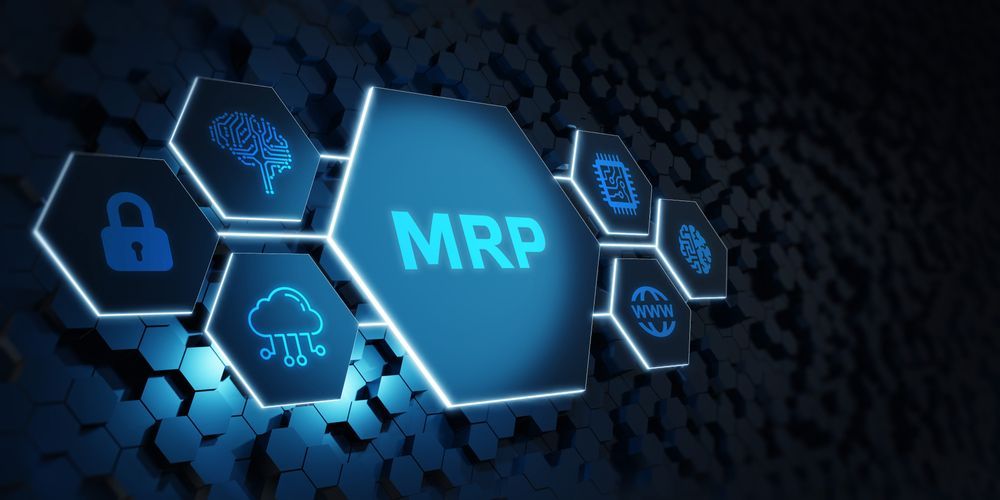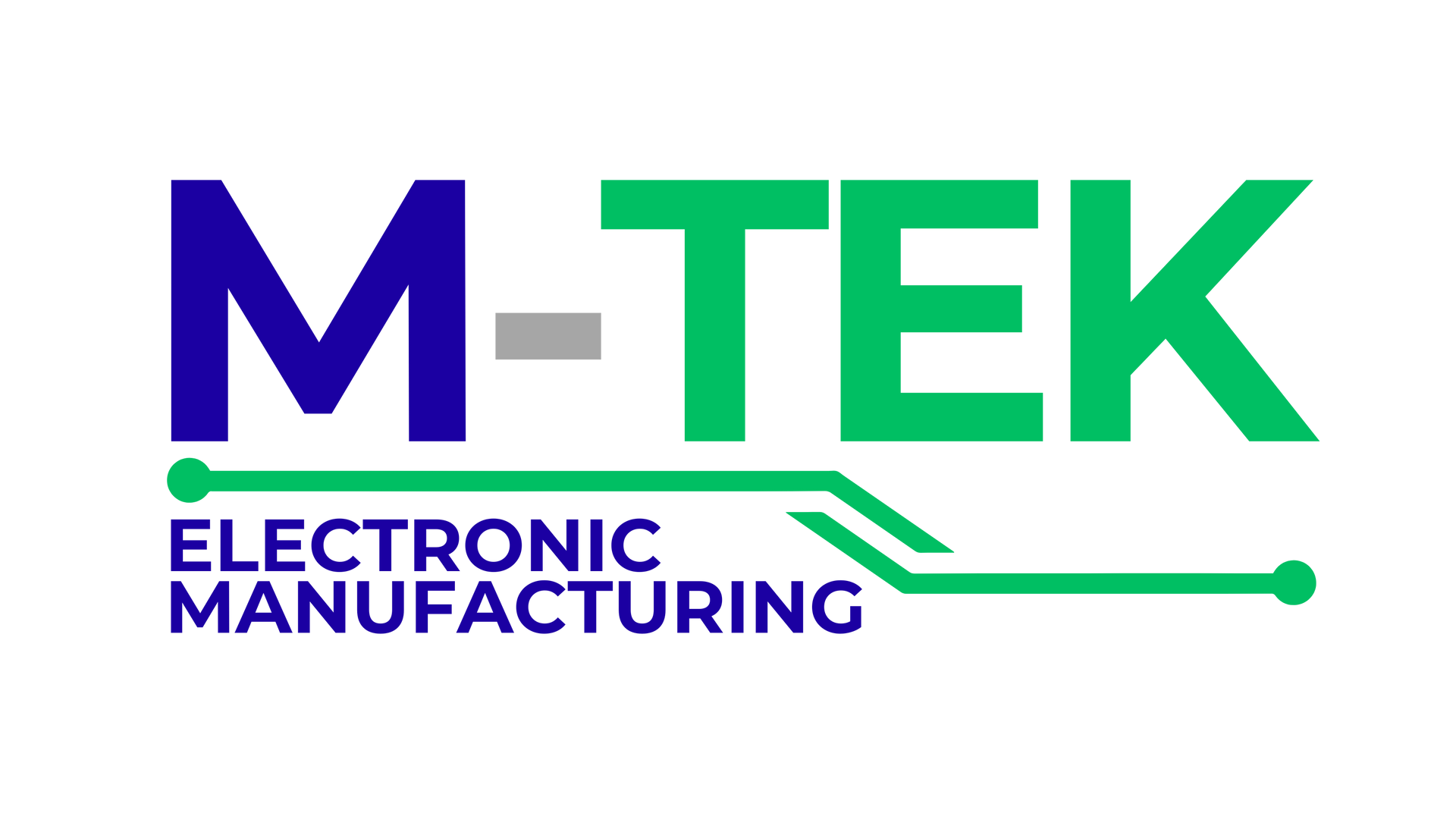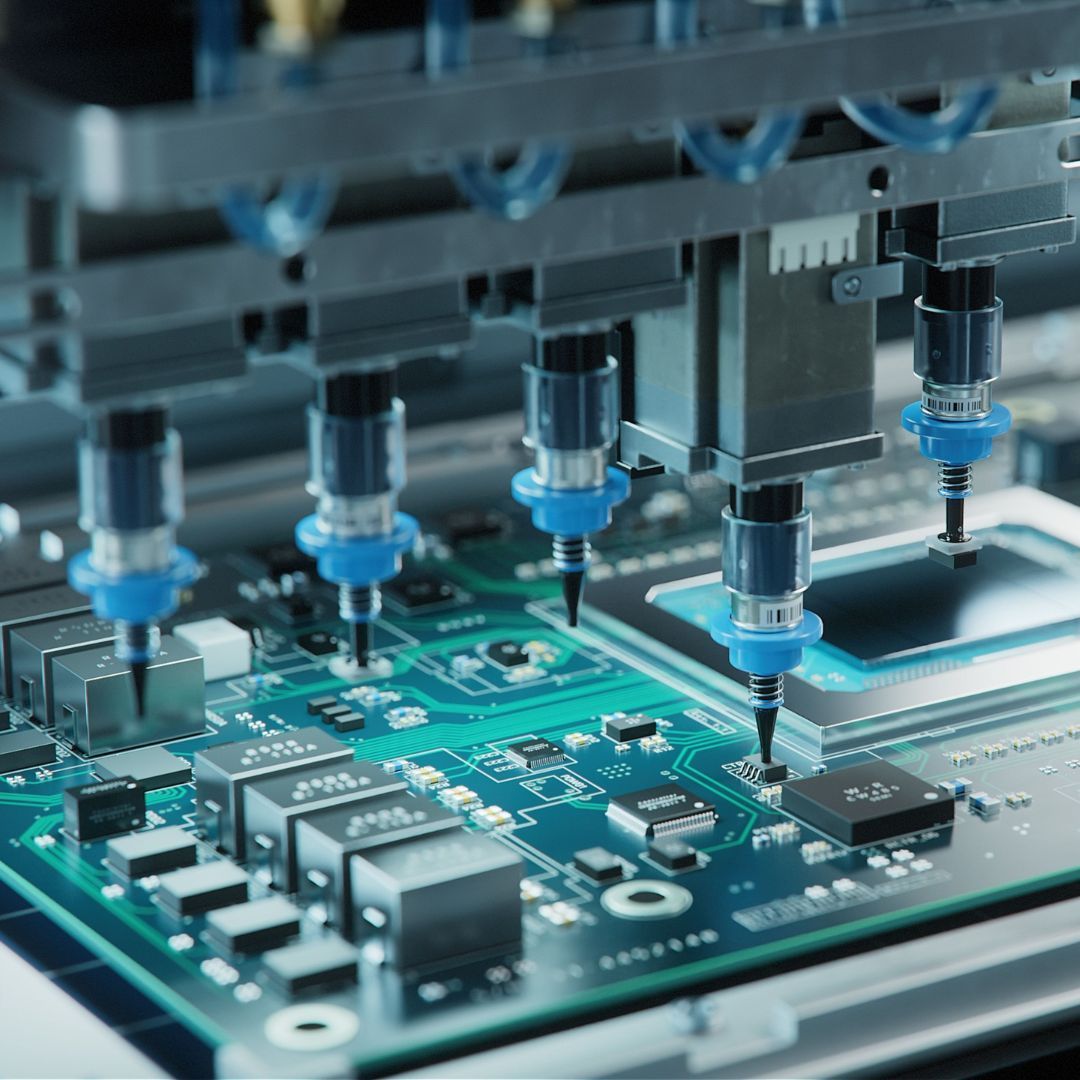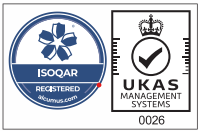
In today's rapidly evolving business landscape, the importance of efficient supply chain management cannot be overstated.
The success of any manufacturing operation hinges on its ability to predict, plan, and optimise material requirements.
Traditional
Material Requirements Planning (MRP) systems have long been the backbone of production planning, but the advent of Artificial Intelligence (AI) has opened up new avenues for enhancing MRP processes and making them more responsive, accurate, and adaptable.
This article explores how harnessing AI can revolutionise Material Requirements Planning, leading to improved efficiency, cost savings, and overall competitiveness.
The Evolution of Material Requirements Planning
Material Requirements Planning (MRP) is a methodical approach to managing inventory, production, and procurement processes.
It involves estimating the demand for materials, calculating quantities needed, and scheduling production activities accordingly.
Traditional MRP systems have been effective in providing a structured framework for these tasks.
However, they often struggle to account for the complexities of modern supply chains, including volatile market conditions, demand fluctuations, and unforeseen disruptions.
Implementing AI in Material Requirements Planning
While the potential benefits of integrating AI into Material Requirements Planning are clear, the implementation process requires careful consideration:
Data Quality: Accurate and comprehensive data is crucial for AI-powered MRP. Organisations should ensure data integrity and consistency across systems.
Skill Development: AI implementation requires skilled personnel who can develop, train, and manage AI models. Upskilling or hiring AI experts may be necessary.
Change Management: Transitioning to AI-enhanced MRP may require changes to existing processes. Effective change management strategies can help employees embrace new technologies and workflows.
Integration: AI systems should seamlessly integrate with existing MRP software and other relevant systems to avoid disruption.
Continuous Improvement: AI models should be regularly updated and refined based on new data and insights to ensure their effectiveness over time.
Final Thoughts
Incorporating Artificial Intelligence into Material Requirements Planning has the potential to revolutionise supply chain operations.
By harnessing AI's capabilities in demand forecasting, inventory optimization, risk management, and production scheduling, businesses can achieve enhanced efficiency, reduced costs, and improve overall competitiveness.
Yet, successful implementation requires a strategic approach, with a focus on data quality, skill development, change management, integration, and continuous improvement.
Call
01189 455377 or follow us on
Twitter to learn more about our products and services.





